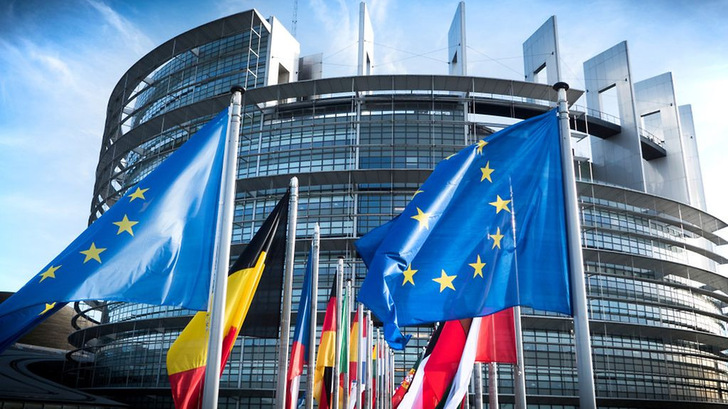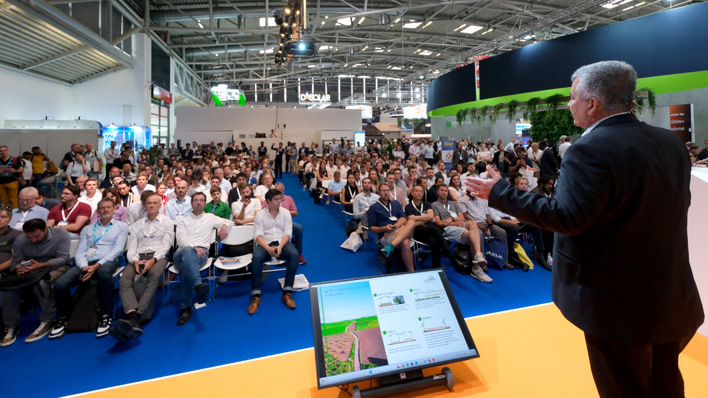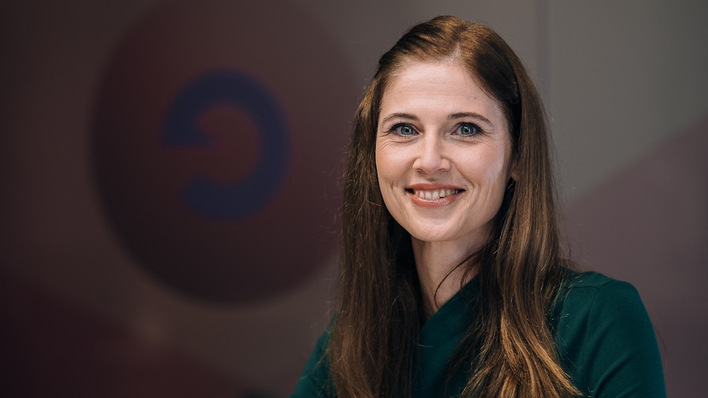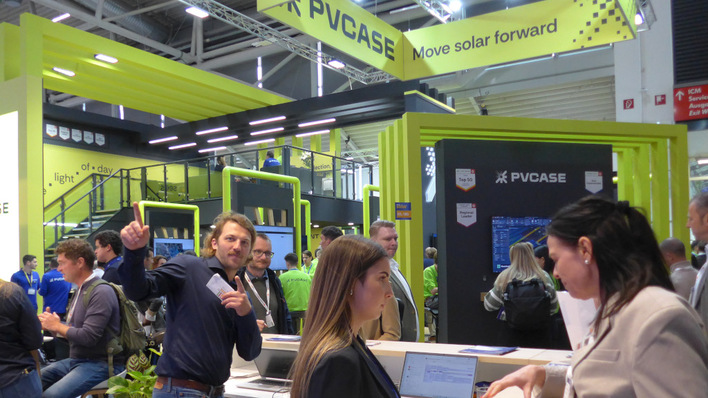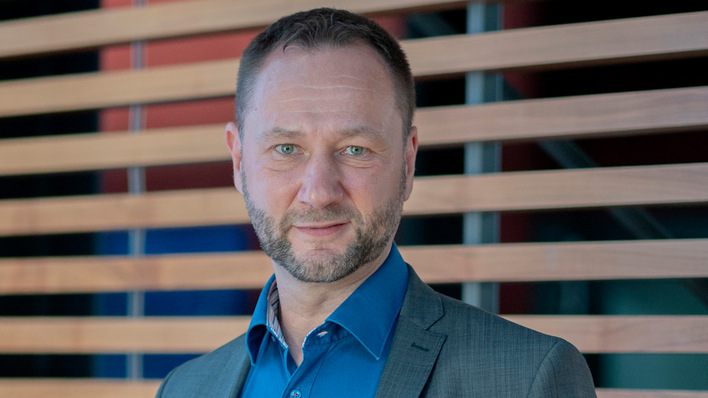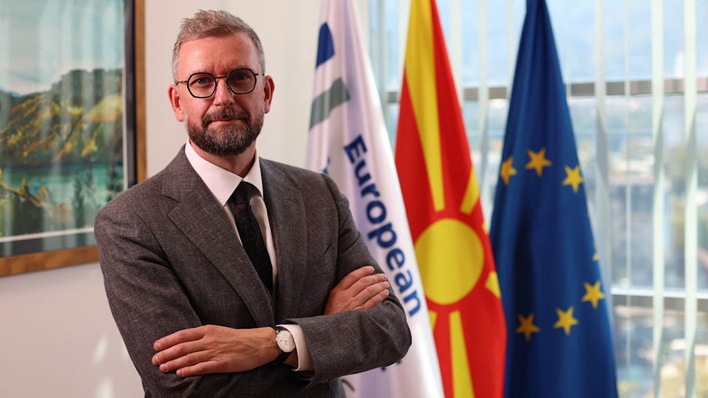At the well-attended annual congress of the German Association of Energy and Water Industries (BDEW), there was a real mood of European optimism. Voices critical of Europe, which are increasingly making themselves heard in the political debate, were barely audible here. “More Europe” and a “strong” Europe was the credo of both Stefan Dohler, CEO of EWE and newly elected BDEW President, and Leonhard Birnbaum, CEO of Eon and President of the European industry association Eurelectric.
Moritz Körner, Chairman of the FDP in the European Parliament, expressed a similar opinion. Andreas Jung, deputy chairman of the CDU and climate and energy policy spokesman for the CDU/CSU parliamentary group in the Bundestag, also expressed his support for Europe and the goals of EU climate policy and the Green Deal.
Implementation of measures instead of even more targets.
Also see: EU Green Deal Industrial Plan announced
However, Birnbaum emphasized that the most important thing now was not to “formulate even more targets”, but to implement the measures agreed at EU level. At the same time, energy policy in Germany must also be more European-oriented.
“When it comes to security of supply, we need to position ourselves differently and not just think nationally,” emphasized the Eurelectric CEO. He criticized the German government's approach to a national power plant strategy and the establishment of a national capacity market. What was needed was a uniform European energy market instead of 27 national capacity markets. Accordingly, Körner pleaded for a single European energy market and Jung for a European energy union.
Achilles' heel energy infrastructure
Birnbaum and Dohler emphasized the central importance of a well-developed cross-border energy infrastructure in Europe for security of supply. This was the only way to survive the energy crisis since Russia's invasion of Ukraine. A well-functioning internal energy market also helps to keep electricity and gas prices under control. “We have to be very careful not to fall into nationalism,” said the BDEW President.
Also see: EU Council supports fast-tracking the electricity grid
The aim now must be to further develop the energy infrastructure in Europe systemically, also with a view to implementing the decarbonization targets. Birnbaum praised the fact that the EU Commission had “set the agenda”, recognized the importance of infrastructure and developed a Grid Action Plan.
Political zigzag course counterproductive
Dohler believes it is counterproductive to question long-term EU goals that have already been agreed, such as the Green Deal, and to fall into a political zigzag course. Controversial political debate is part of the nature of democracy and it is normal for priorities to shift. He pointed out that the industry thinks in terms of “decades” and needs planning security, especially when it comes to infrastructure investments. At the same time, he emphasized the energy industry's commitment to climate neutrality.
More pragmatism needed
However, the participants in the BDEW panel emphasized that more Europe does not mean more European regulation. The amended EU Renewable Energy Directive was cited as an example. “When I look at what we are facing with RED III and RED IV, the hairs on the back of my neck stand up in places,” said Dohler. Much of the regulation is too complicated. In addition, “more pragmatism instead of perfectionism” is needed when implementing European regulations and requirements, especially in Germany. “We sometimes make things too complicated for ourselves,” said Dohler. Complicated issues need to be reduced and complexity managed.
Getting local citizens on board
At the same time, local people need to be better involved both in Europe and in the implementation of the energy transition, emphasized Michael Raschemann, Managing Director of project developer Energiequelle, in the congress panel “100% renewable electricity - make it easy?”. Negative prejudices against renewable energies, such as supposed cost drivers, also need to be dispelled. As a positive example, he cited the energy self-sufficient village of Feldheim, a district of the Brandenburg town of Treuenbrietzen, where the connected households are supplied directly, safely and cost-effectively with local wind power and biogas heat.
Matthias Taft, CEO of BayWa r.e., also reported on positive experiences with the involvement of local residents in the realization of wind and solar parks through crowdfunding, cooperative models and financial participation by local authorities.
More demand side management and storage
Measures are also needed to make efficient use of surplus solar and wind power and to avoid distortions on the electricity market with negative prices or expensive curtailment of renewable generation plants to maintain grid stability. The magic word is demand side management, i.e. better coordination of consumption and generation, as well as more battery and other energy storage systems, energy efficiency, digitalization and grid expansion, including at the distribution grid level. (hcn)


